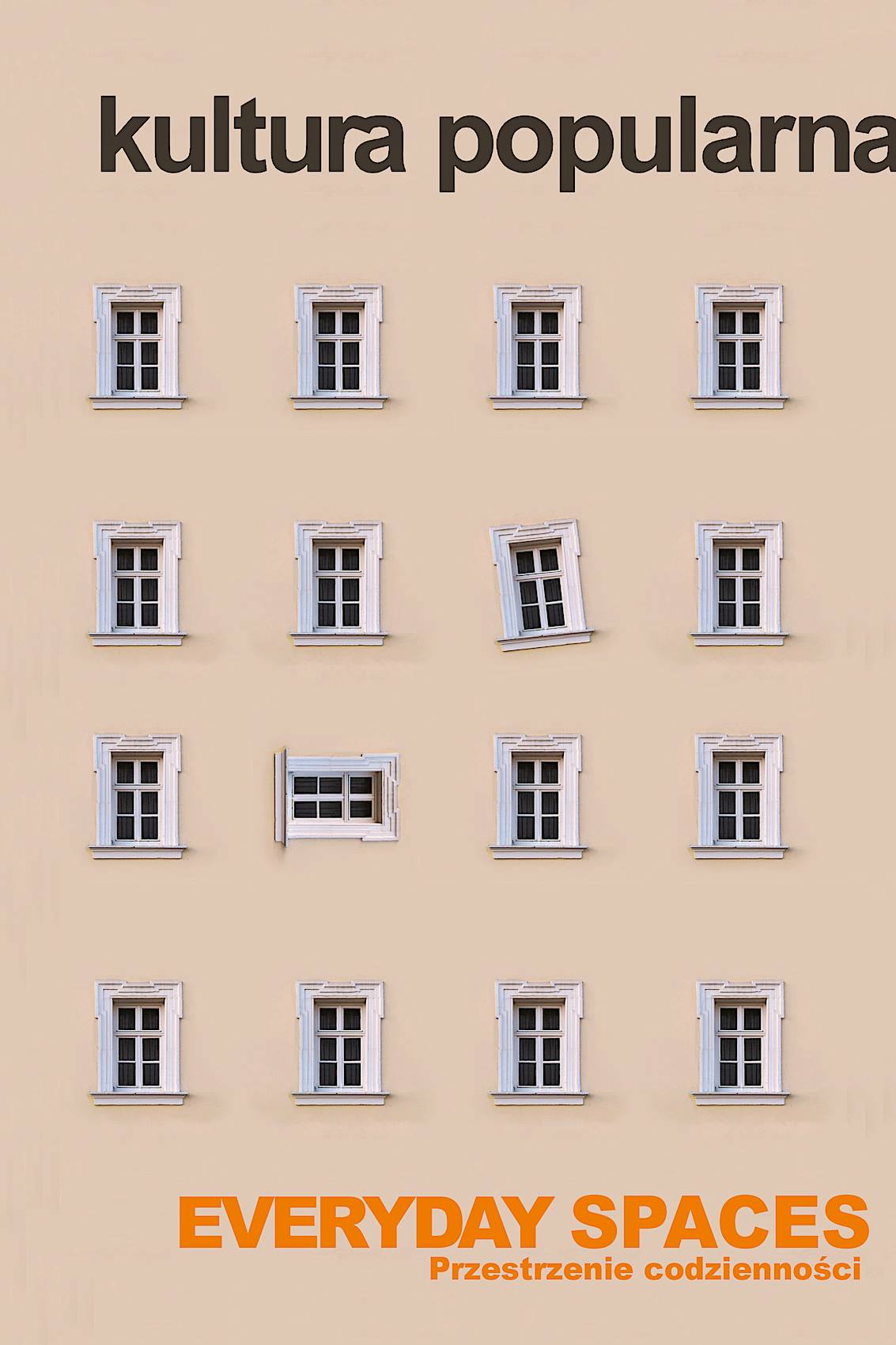Southern Antebellum Plantation: Home, Prison, Enterprise?
Southern Antebellum Plantation: Home, Prison, Enterprise?
Author(s): Jerzy SobierajSubject(s): Anthropology, Novel, Cultural Anthropology / Ethnology, Studies in violence and power, Victimology, Ethnic Minorities Studies
Published by: Szkoła Wyższa Psychologii Społecznej
Keywords: popular culture; Plantation fiction; Civil War; slavery; S. Northup; H. Jacobs
Summary/Abstract: The article addresses various functions of the antebellum Southern plantation. The author covers both major “actors” who experienced the plantation system, planters (and the members of their families) and slaves. In reports written by white Southern writers, including planters and the members of their families (e.g. Thomas Nelson Page, Bennet Barrow) the plantation is introduced, mainly, as a great place, a real home for its inhabitants. For black slaves, as some of them (e.g. Harriet Jacobs, Solomon Northup) noted in their journals, the plantation resembles a prison; the place that appears to a slave as the one “[he/she] can never get out” of (Jacobs). The plantation also functions as a commercial enterprise - often employing torturous methods of production - run by slaveholders who “exhibited a considerable degree of profit consciousness and market responsiveness” (Paquette and Ferleger). The author of the paper discusses Stanley M. Elkins’ conception of the plantation slave system as the concentration camp imprisonment, as well as Eugene Genovese’s interpretation of the plantation as an enterprise.
Journal: Kultura Popularna
- Issue Year: 55/2018
- Issue No: 01
- Page Range: 38-46
- Page Count: 9
- Language: English

